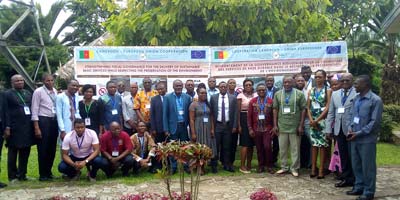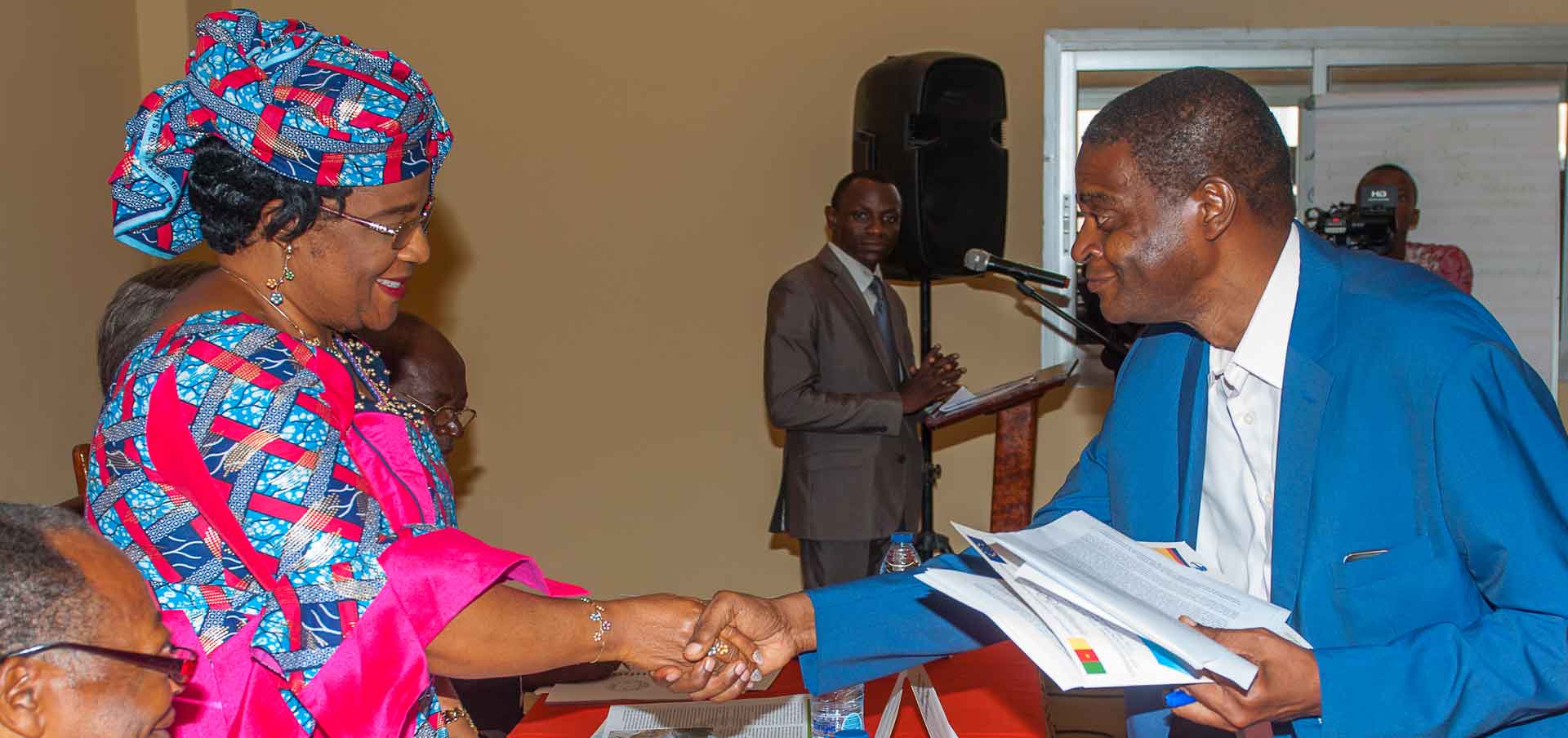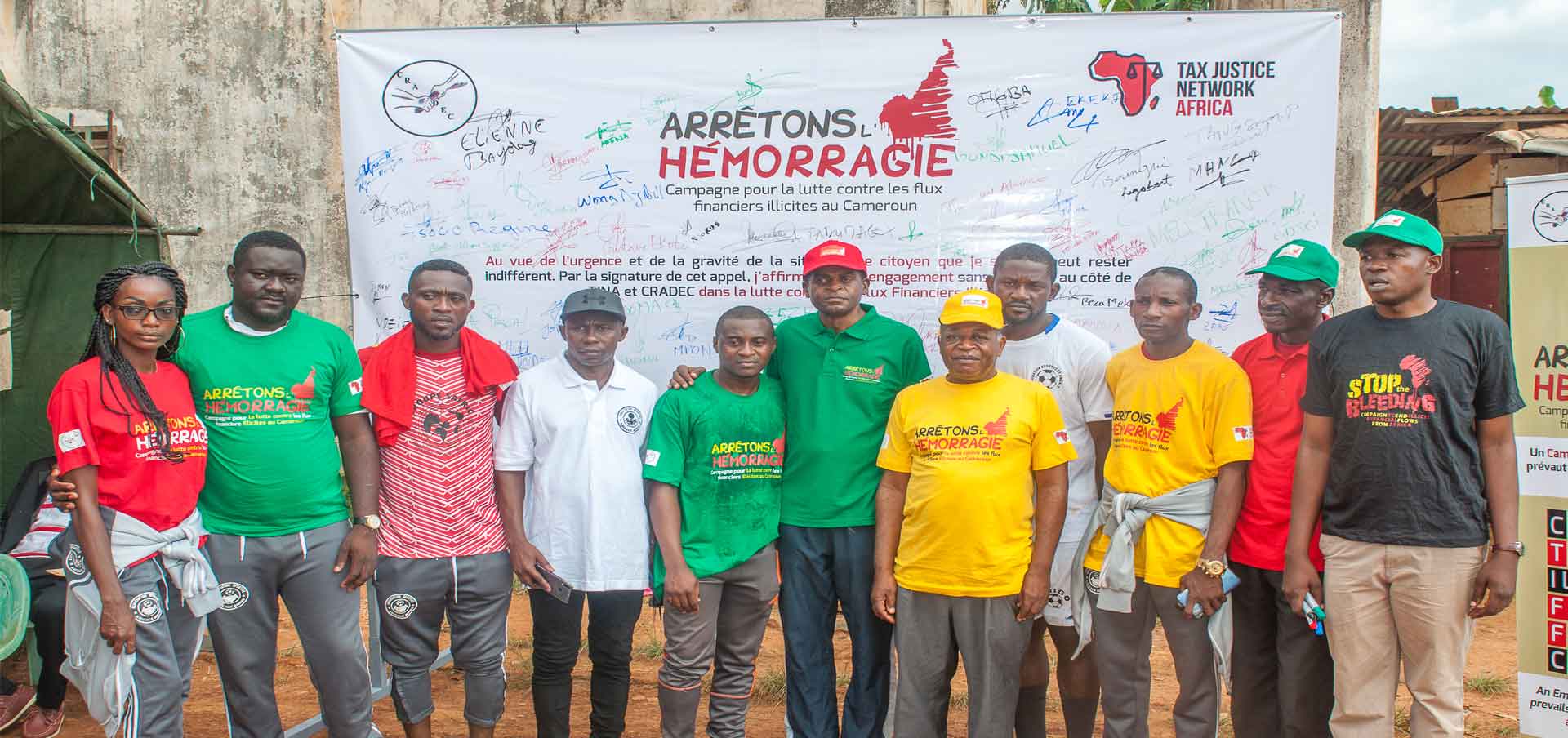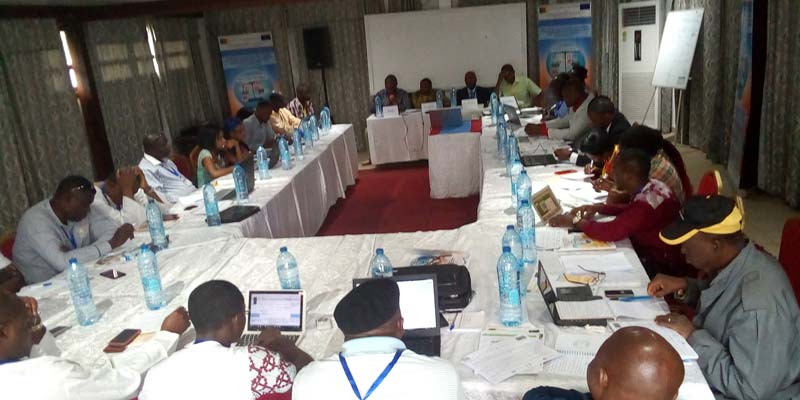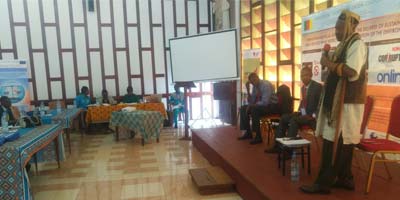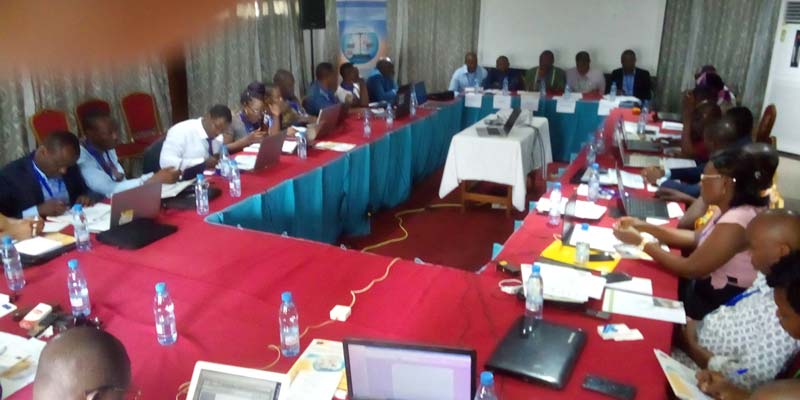The mobilization of domestic resources is important for African states. It improves the level of budgetary revenue for financing development objectives. However, illicit financial flows and corruption constitute challenges in the mobilization of domestic resources. This is how they have been at the heart of discussions on development in Cameroon for some time, in particular because of the existence of a broad consensus on their negative impacts on finance development in Africa. It is now widely believed that Africa loses US $ 50 billion annually. All the same, this figure is well below reality due to the difficulty of finding reliable statistics and the secret nature of these funds. In order to contribute to the reduction of illicit financial flows, civil society organizations, the media, CTDs, citizens and many other stakeholders, supported by law N° 2018/011 of 6/07/2018 on the Code of transparency and good governance of public finances in Cameroon, want to understand the origins, the determinants, the channels and the impact of the phenomenon of IFF in Cameroon to act in the direction of the 2030 agenda of the Sustainable Development Goals, the African Mining Vision, the African Union Agenda 2063 and the Addis Ababa Action Agenda (AAAA) on finance development. Understanding the phenomenon of IFFs will make it possible to follow the rate of evolution of IFFs in Cameroon’s bilateral trade, with the target of increasing them to at least 5% by 2023.
The transparency and accountability that are factors in promoting and cultivating good governance are conditioned by the generation, verification, comparison and publication of data on the public procurement chain. Law N° 2018/366 of 20/06/2018 on the public procurement code, although dealing with the dematerialization of the procurement procedure, does not contain provisions relating to the opening of data at all stages. This action intends to contribute to the promotion of a data openness standard with a focus on public procurement contracts (Open Contracting Data Standard / OCDS) for more transparency and efficiency in this sector.
The execution of the public investment budget must meet the needs for public services in quantity and quality of the populations at the base. On this principle, the population finds that the level of transparency in the public procurement chain for the provision of essential basic services is low, if not zero. This results in a lack of traceability of information from the call for tenders to the execution of the contracts. The target of the action is at least 16% of the Communes which perceive transparency in the procurement system which concerns them. This will have a considerable effect on the quality of budgetary expenditure.
Promoting the implementation of the principle of environmental and social responsibility in mining projects in Cameroon aims to assess the implementation of the action plan of the African Mining Vision, particularly in its framework for monitoring mining governance and mainly in its "Environmental and social" pillar. Mining activity certainly represents enormous economic challenges for the State and the population. However, it has negative consequences for water resources, air quality, wildlife, soil quality, climate change. Law N° 2016/01 of 12/14/2016 on the mining code in Cameroon provides for the protection and preservation of the environment. However, we observe on the one hand a limit of the legal framework on the mining code of 2011, in force, of the fact that that of 2016 does not yet have an implementing decree, does not deal not on the questions of semi-mechanization on the one hand and a lack of coordination between the actors of the mining sector and those of the environment on the other hand. In addition, there is a disconnection between texts and reality which can contribute to non-respect of the environment and by extension to economic losses for the State.




